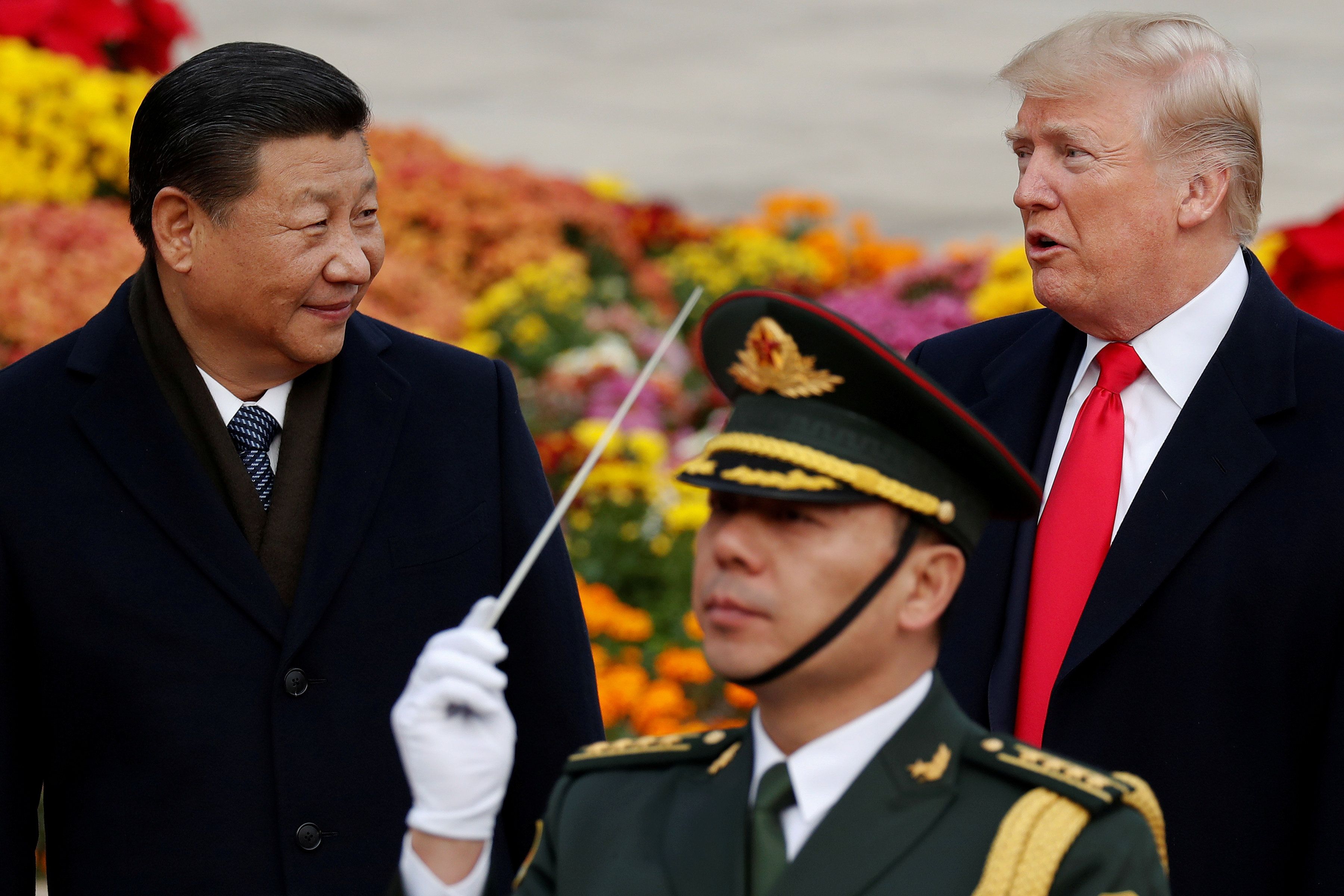May 14, 2019
Last week, the Trump administration put a "knife to China's throat" in the two countries' ongoing trade dispute, and yesterday things only got worse.
China announced it would increase tariffs on $60 billion worth of goods imported from the US. Not to be outdone, the Trump administration readied its own fresh tariffs on the remaining $300 billion in Chinese exports not currently subject to increased duties. That's a move that could cut as much as 1.2 percentage points off of China's GDP.
Not surprisingly, all of that pushed markets into another tailspin, over concerns that the trade tussle between the world's two largest economies won't ease up any time soon.
With Trump prepared to really get serious, what else can China do to fight back?
China has already nearly reached the limit of US goods on which it can impose additional tariffs. But there are plenty of other ways that China could grab Trump by the… economy.
Here's how things could really get nasty:
Trade war 2.0: So far, Beijing has declined to place tariffs on certain US goods—like crude oil and Boeing 747s—that are tough for China to replace. But in recent months it has reduced its purchases of US crude and may soon cut back further on other key commodities, like soybeans. China could also instruct its customs officials to give importers of goods produced in the US – such as luxury cars or produce – an extra hard time at the border in ways that are legal in practice but clearly politicized in spirit.
Singling out US companies in China: It could also make life much more difficult for US companies that produce and sell in China. For example, around 40 percent of Apple's sales today come from Greater China, which includes mainland China, Taiwan, and Hong Kong. GM has a joint venture in China, where it sells more vehicles than anywhere else in the world. China could implement new regulations on these companies or move to subsidize their competitors, inflicting pain on some of the titans of America, Inc.
The nuclear option: A more severe step would see Beijing threaten or even move to dump some of its $1.2 trillion holdings of US government debt, a possibility mentioned Monday by the editor of The Global Times, the Communist Party's mouthpiece. That would send US interest rates—the cost the government pays to borrow and finance its spending—soaring and could inflict a major shock on America's financial system more broadly. But by the same token, it could just as easily imperil China's economy, the main reason Beijing hasn't made good on this threat.
China, in sum, has lots of ways it could hurt the US – but each would carry its own risks and blowback. These, for China, are the tradeoffs of a trade war.From Your Site Articles
- The Battle for Control of Tiananmen - GZERO Media ›
- China Trade War: Where does it go from here? - GZERO Media ›
Related Articles Around the Web
More For You
Bad Bunny during the Super Bowl LX halftime show press conference at Moscone Center.
Kirby Lee-Imagn Images
100 million: The number of people expected to watch the Super Bowl halftime performance with Bad Bunny, the Puerto Rican superstar and newly minted Album of the Year winner at the Grammys.
Most Popular
Think you know what's going on around the world? Here's your chance to prove it.
- YouTube
An imminent US airstrike on iran is not only possible, it's probable.
Americans are moving less — and renting more. Cooling migration and rising vacancy rates, especially across the Sunbelt, have flattened rent growth and given renters new leverage. For many lower-income households, that relief is beginning to show up in discretionary spending. Explore what's changing in US housing by subscribing to Bank of America Institute.
© 2025 GZERO Media. All Rights Reserved | A Eurasia Group media company.
